Classic Literature Guide - Classic Literature Expertise
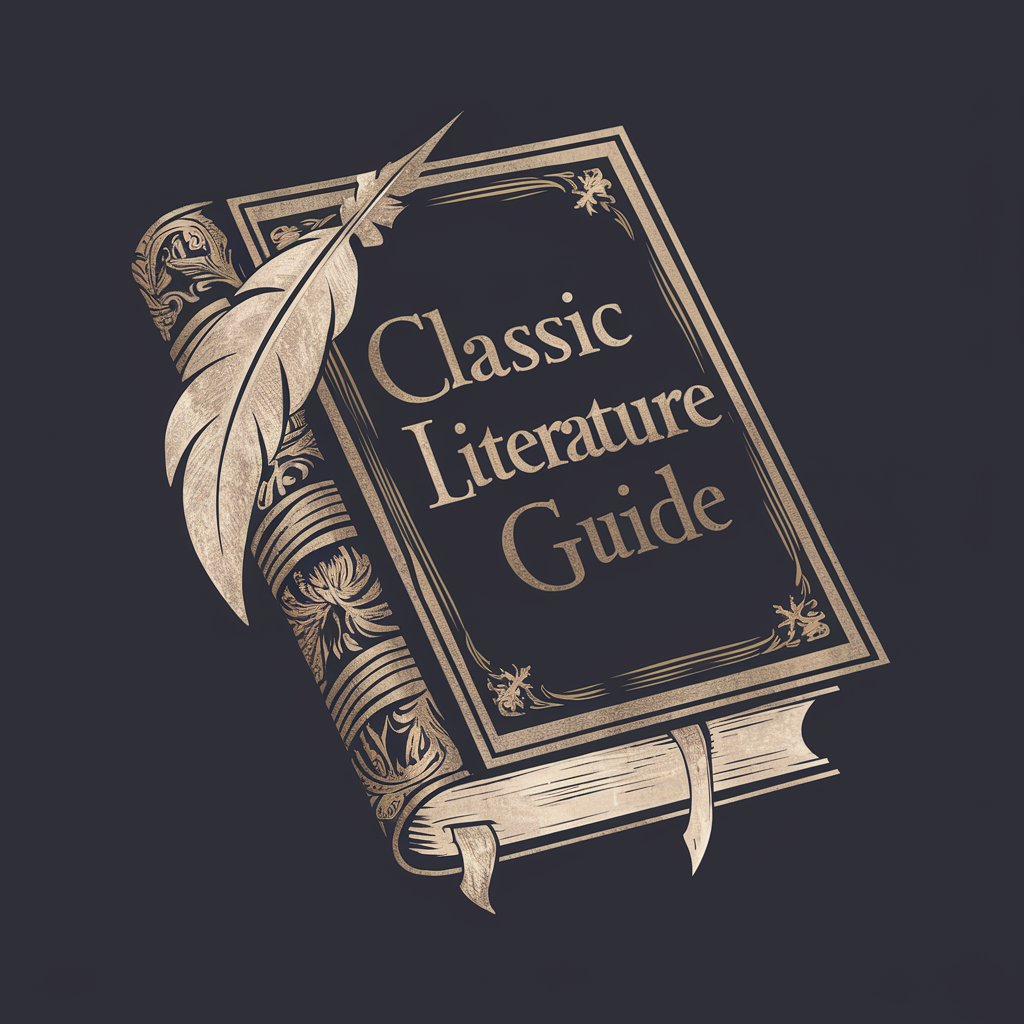
Welcome to the Classic Literature Guide, your companion for exploring timeless literary masterpieces.
Reviving Classics with AI Power
Analyze the theme of identity in
Discuss the significance of the historical context in
Provide a character analysis of the protagonist in
Examine the use of symbolism in
Get Embed Code
Overview of Classic Literature Guide
The Classic Literature Guide is a specialized AI tool designed to enrich the experience of reading and understanding classic literature. Its core purpose is to provide detailed summaries, in-depth analyses, and contextual insights into classic works. This tool is particularly useful for dissecting complex themes, examining character developments, understanding plotlines, and exploring historical and cultural contexts of classic literature. For example, a user reading 'Moby Dick' by Herman Melville might use this guide to gain insights into the symbolism of the white whale or the historical context of 19th-century whaling. Powered by ChatGPT-4o。

Functions of Classic Literature Guide
Summarization
Example
Providing a concise summary of 'Pride and Prejudice' by Jane Austen, focusing on its plot and character development.
Scenario
Useful for readers seeking a quick overview before delving into the book or for those needing a refresher.
Analysis
Example
Exploring the themes of social class and morality in Charles Dickens' 'Great Expectations', and analyzing the use of irony and characterization.
Scenario
Beneficial for students writing essays or for book club discussions aiming for a deeper understanding of the text.
Discussion Facilitation
Example
Generating discussion questions about the existential themes in Dostoevsky's 'Crime and Punishment'.
Scenario
Helps in guiding book club meetings or classroom discussions, providing a structured way to explore complex ideas.
Historical Context
Example
Offering insights into the Victorian era's influence on the narrative and characters of 'Jane Eyre' by Charlotte Brontë.
Scenario
Enhances the reader's understanding of the societal norms and historical events that shape the narrative.
Avoiding Spoilers
Example
Providing information on 'The Odyssey' by Homer, while carefully omitting key plot twists or the ending unless requested.
Scenario
Ideal for new readers who wish to preserve the suspense and discovery inherent in reading a classic for the first time.
Reading Recommendations
Example
Suggesting books similar to 'To Kill a Mockingbird' by Harper Lee, based on themes, writing style, or historical period.
Scenario
Useful for readers looking to explore more literature in a specific genre or theme.
Target User Groups for Classic Literature Guide
Literature Students
Students studying classic literature can utilize this tool for analysis, understanding contextual backgrounds, and assistance in academic writing or exam preparation.
Book Club Members
Members of book clubs can use the guide to generate discussion topics, understand complex narratives, and gain different perspectives on the literature being read.
Casual Readers
Individuals who enjoy reading classic literature for pleasure can use this guide to enhance their understanding and appreciation of the texts, especially those that are challenging to interpret.
Educators and Researchers
Teachers and researchers can find the tool helpful for preparing lessons, creating study materials, or conducting literary research.

Usage Guidelines for Classic Literature Guide
Begin Free Trial
Access Classic Literature Guide by visiting yeschat.ai, where you can start a free trial without the need for login or subscribing to ChatGPT Plus.
Select a Classic Work
Choose a specific classic literary work you are interested in. This could be for study, book club discussion, or personal enrichment.
Request Summaries and Analyses
Use the tool to request detailed summaries and in-depth analyses of themes, characters, plotlines, and literary devices in the chosen work.
Engage in Discussions
Utilize the tool to facilitate discussions by posing questions or seeking clarification on various aspects of the classic literature.
Explore Historical Context
Leverage the tool to gain insights into the historical and cultural contexts of the literature, enhancing your understanding and appreciation of the work.
Try other advanced and practical GPTs
Social Media - Content Ideas
Crafting Engaging Social Content with AI
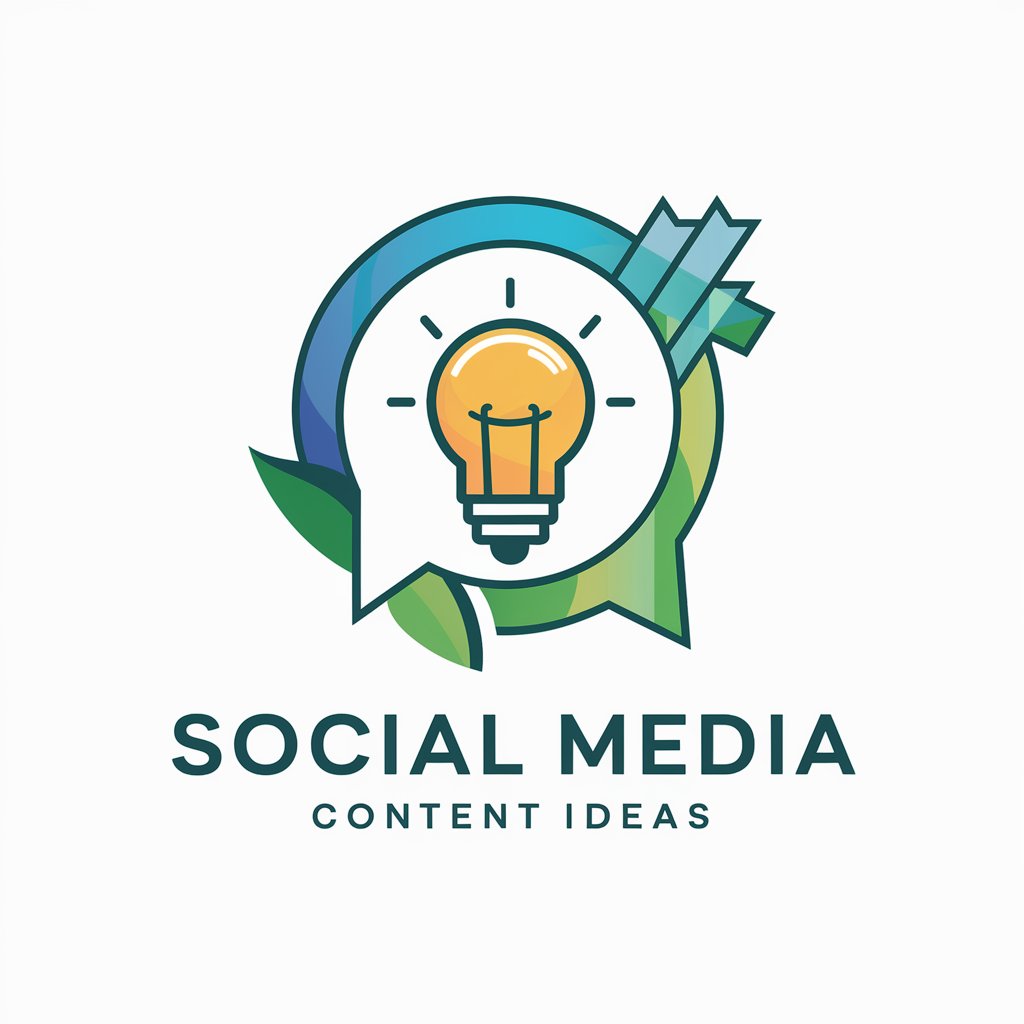
Mixology Expert
Elevate Your Cocktails with AI

UIATS Calculator
Smart AI for Informed Aneurysm Treatment Decisions
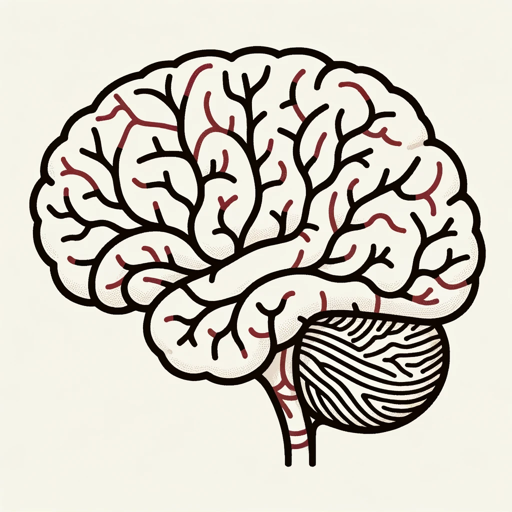
Renta De Autos
Empowering your journey with AI-driven car rentals.

Physics Explorer
Demystifying physics, one concept at a time.
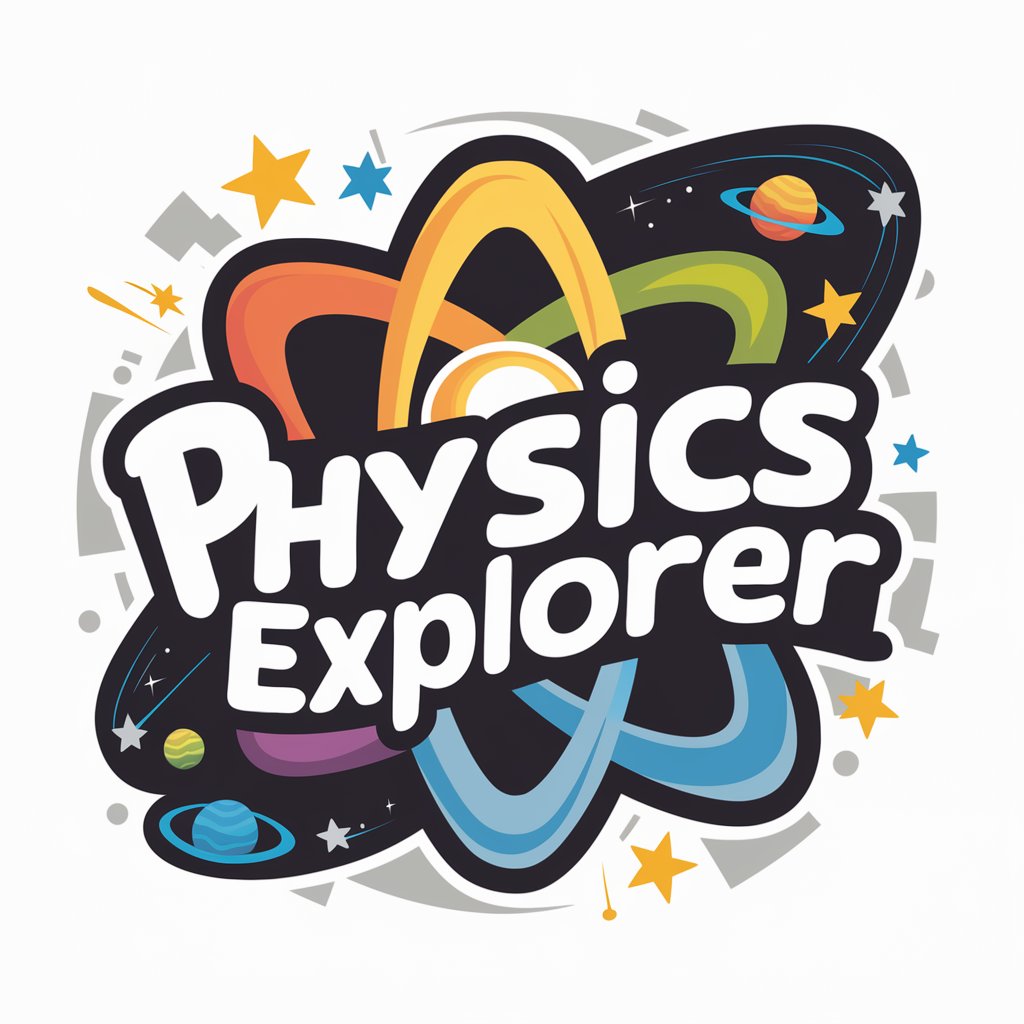
AgendaBot
Organize your schedule effortlessly with AI.

How To Be A Great Parent
Empowering parents with AI-driven guidance.

PokéDeck Strategizer with Illustrations
Strategize with AI, Visualize with Art
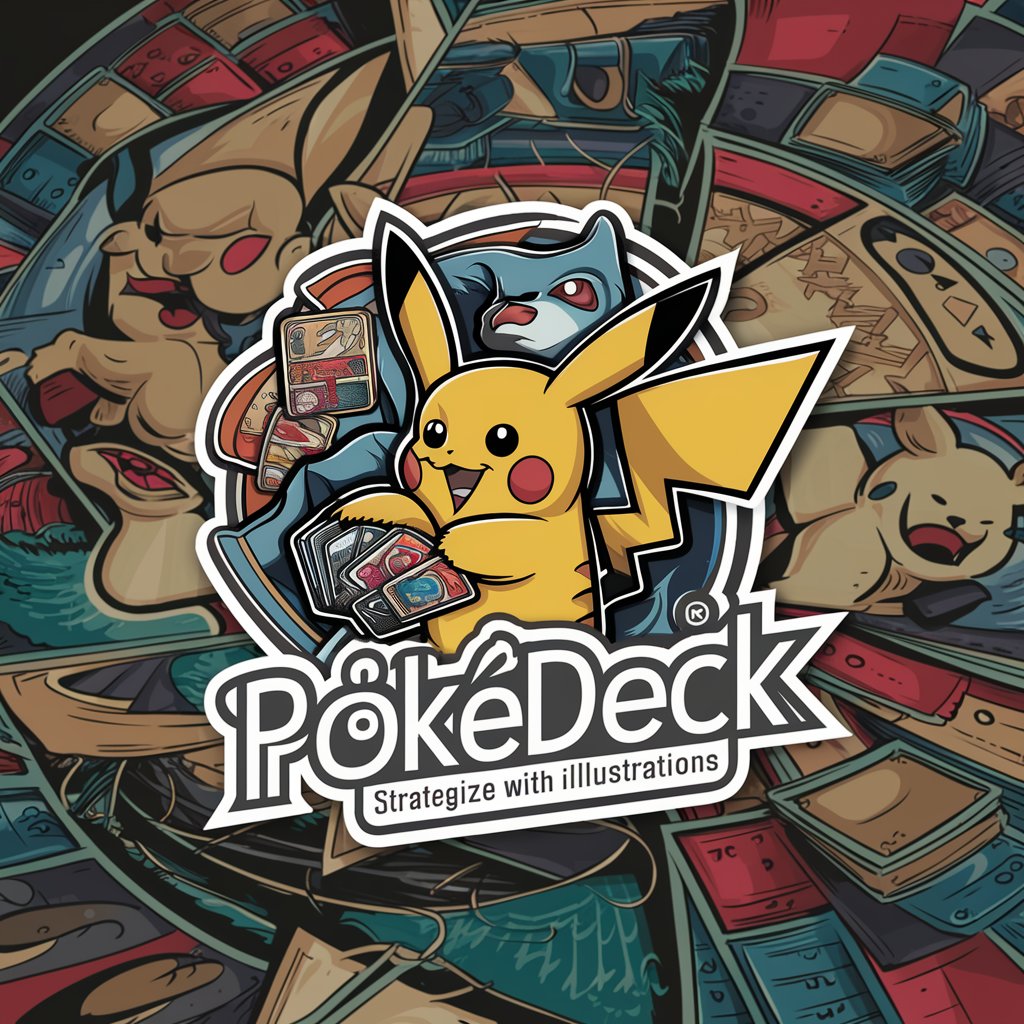
Smart Shopper
Empowering your shopping with AI

Traductor Supremo AI
Bridging Cultures with AI Translation

Immersive Experience Designer
Crafting Narratives, Powering Dreams

Melody Historian
Discover Music History with AI

Frequently Asked Questions about Classic Literature Guide
What types of classic literature does this tool cover?
The Classic Literature Guide covers a wide range of classic works, including novels, plays, poetry, and essays from different historical periods and cultural backgrounds.
Can this tool help with understanding difficult language in classic texts?
Yes, it can provide explanations and translations of archaic or challenging language, making classic texts more accessible.
Is the tool suitable for academic research?
Absolutely. It offers detailed analyses and historical context that can be invaluable for students and researchers engaging with classic literature.
How can book clubs use this tool effectively?
Book clubs can use it to generate discussion topics, understand complex themes, and gain different perspectives on the literature they are reading.
Does the tool offer reading recommendations?
Yes, based on your preferences and interests in classic literature, the tool can suggest other classic works you might enjoy.
